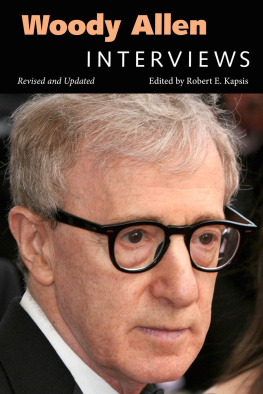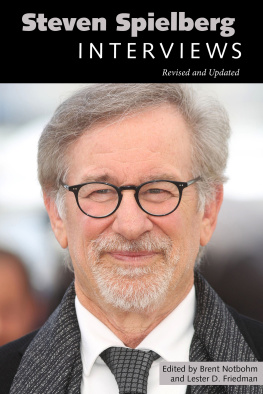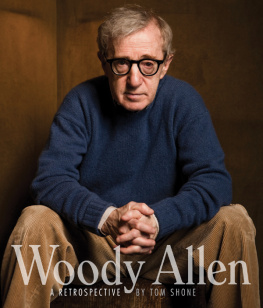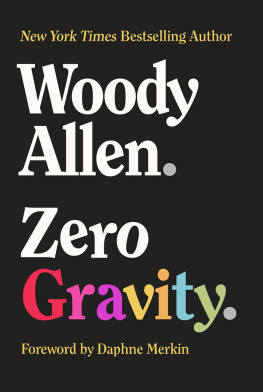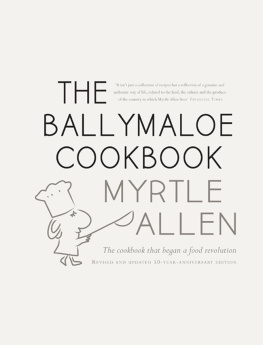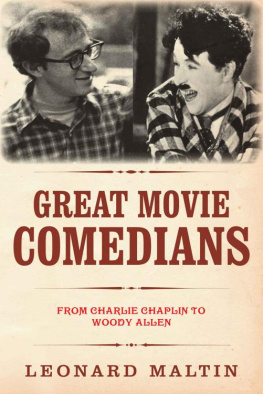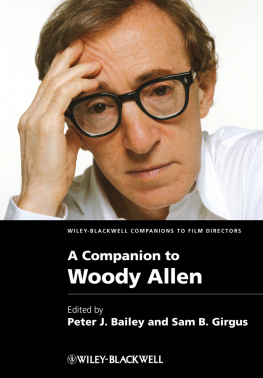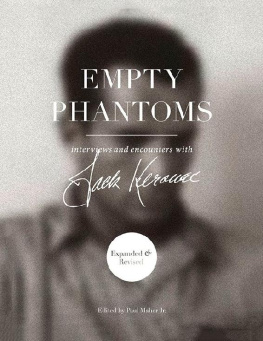
Woody Allen: Interviews
Revised and Updated
Conversations with Filmmakers Series
Gerald Peary, General Editor
Woody Allen
INTERVIEWS
Revised and Updated
Edited by Robert E. Kapsis
University Press of Mississippi / Jackson
www.upress.state.ms.us
The University Press of Mississippi is a member of the Association of American University Presses.
Copyright 2016 by University Press of Mississippi
All rights reserved
Manufactured in the United States of America
First printing 2016
Library of Congress Cataloging-in-Publication Data
Names: Allen, Woody, 1935 author. | Kapsis, Robert E., editor.
Title: Woody Allen : interviews / edited by Robert E. Kapsis.
Description: Revised and updated [edition]. | Jackson : University Press of Mississippi, 2016. | Series: Conversations with filmmakers series | Includes index.
Identifiers: LCCN 2015043309 (print) | LCCN 2015046193 (ebook) | ISBN 9781628466935 (hardback) | ISBN 9781496804457 (paperback) | ISBN 9781496804402 (epub single) | ISBN 9781496804419 (epub institutional) | ISBN 9781496804426 (pdf single) | ISBN 9781496804433 (pdf institutional)
Subjects: LCSH: Allen, WoodyInterviews. | Motion picture producers and directorsUnited StatesInterviews. | BISAC: PERFORMING ARTS / Individual Director (see also BIOGRAPHY & AUTOBIOGRAPHY / Entertainment & Performing Arts). | PERFORMING ARTS / Film & Video / Direction & Production. | BIOGRAPHY & AUTOBIOGRAPHY / Entertainment & Performing Arts.
Classification: LCC PN1998.3.A45 A3 2016 (print) | LCC PN1998.3.A45 (ebook) | DDC 791.43/092dc23
LC record available at http://lccn.loc.gov/2015043309
British Library Cataloging-in-Publication Data available
Contents
Robert Mundy and Stephen Mamber / 1972
Kathleen Carroll / 1974
Ken Kelley / 1976
Gary Arnold / 1977
Ira Halberstadt / 1978
Frank Rich / 1979
Robert F. Moss / 1980
Charles Champlin / 1981
Gary Arnold / 1982
Robert Benayoun / 1984
Joe Klein / 1986
Alexander Walker / 1986
Stig Bjrkman / 1993
Douglas McGrath / 1994
Michel Ciment and Yann Tobin / 1995
John Lahr / 1996
Michel Ciment and Franck Garbarz / 1998
Peter Biskind / 2005
Scott Foundas / 2005
Scott Tobias / 2008
Douglas McGrath / 2008
Adam Moss / 2008
Terry Gross / 2009
Kent Jones / 2011
Scott Foundas / 2011
Catherine Shoard / 2013
Introduction
The present volume is the second edition of Woody Allen: Interviews; the first edition came out in 2006. In the years since, Allen has continued making movies, more than forty in all in a forty-five-year career as a filmmaker. My introduction, originally written for the first edition, also has been expanded and revised.
Unlike other filmmakers, Allen has enjoyed almost complete autonomy as a director, making exactly the films he wants to make. He also has starred in many of his films, especially during the first three and a half decades of his career, and has created a widely recognized on-screen personathat of the highly neurotic schlemiel.
On-screen, Allen is a loser, wrote John Lahr in 1996, who makes much of his inadequacy; offscreen, he has created over the years the most wide-ranging oeuvre in American entertainment. While he started out making films strictly for the laughsTake the Money and Run (1969), Bananas (1971), Everything You Always Wanted to Know about Sex* (*but Were Afraid to Ask) (1972), and Sleeper (1973)his work quickly shifted to more complicated concerns, as in Love and Death (1975), Annie Hall (1977), and Interiors (1978). A few of his more bittersweet and somber comedies like Annie Hall (1977), Manhattan (1979), and Hannah and Her Sisters (1986) achieved greater commercial success and critical acclaim than his earlier, zanier efforts. Indeed, Annie Hall won four Academy Awards, including Best Picture and Director. But others of Allens darker films, like Zelig (1983), The Purple Rose of Cairo (1985), Another Woman (1988), Husbands and Wives (1992), and Deconstructing Harry (1997), were limited in their profitability, though well received by the critics.
Since the early 1990s, Allens critical reputation in the United States has deteriorated. A frequent charge is that he is repeating himself, that he has lost his magical touch. It has forced him to do what he seems to loathe: engage in self-promotion. For most of his career, he had shied away from public appearances and interviews, and there were periods where he seemed to disappear from the spotlight altogether. When he did make himself available for interviews, typically he would agree to only a few of them, favoring more widely circulating, prestigious publications like the New York Times and Rolling Stone over both the popular press and specialized film magazines like Film Comment and Film Quarterly.
And therein lies the challenge of assembling a book of Allen interviews drawn from all phases of his directorial careeran apparent shortage of good interviews to choose from, especially during certain key phases of his career. Consider, for example, the period between 1988 and 1992, an especially prolific one for Allen in which he directed seven filmsAnother Woman, Crimes and Misdemeanors, Oedipus Wrecks (one of three stories in the anthology film New York Stories), Alice, Shadows and Fog, and Husbands and Wives. For this period, we were unable to find a single interview published in the United States in which Allen discusses any of these films. If, as Janet Maslin has noted, Hitchcock is one of the most over-interviewed people imaginable (Boston After Dark, June 1220, 1972), then Allen is surely one of the most under-interviewed among people of similar stature or renown. His unwillingness to be interviewed is only part of the problem. The other is when he allows an interview to take place. A number of journalists who were able to speak with Allen have come away frustrated from the experience. Graham McCann, writing for the British magazine Films and Filming, put it this way:
Meeting Woody Allen is not the most promising method of acquiring a better understanding of his work. He greets one with a limp, almost apologetic handshake, and responds to questions in a thoughtful, hushed tone of voice. During interviews he will shift uneasily in his chair, and either stare at his shoes or gaze steadily into his interrogators eyes. He is a gentle, kindly person who seems rather embarrassed at the interest one shows in him. One feels that if Allen has learned anything from thirty years in analysis, it is the need to leave certain aspects of his psyche undisturbed (Films and Filming, August 1989).
In recent decades, Allen has enjoyed a better relationship with European than American critics, and his films also do better in Europe, especially in France. In 2003 Richard Schickel reported that Allen mentioned [to him] that several of his recent releases have done more business in Paris alone than in the entire United States (Woody Allen: A Life in Film, 2003). But following the release of Match Point in 2005, Allen has seen his work viewed more favorably at home than during the previous fifteen years, and two of his films, Midnight in Paris and Blue Jasmine, were major hits. Still, the acclaim and enthusiasm for his oeuvre has never approached what it was during the 1970s and 1980s. Then, the most influential American critics, most notably Vincent Canby of the
Next page
